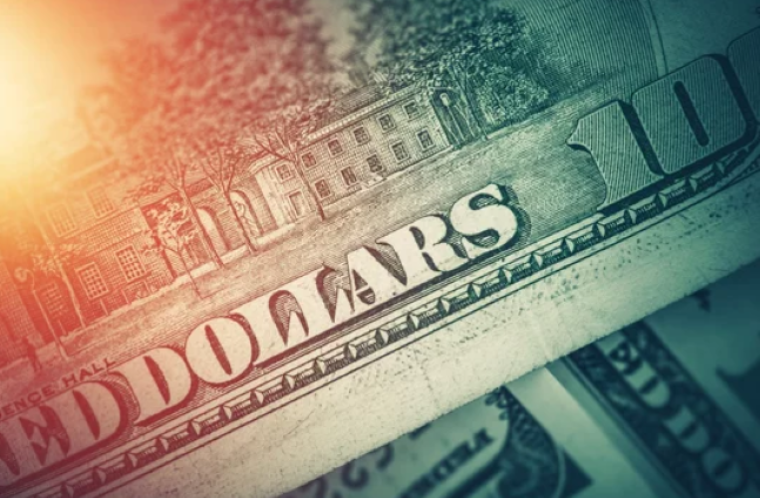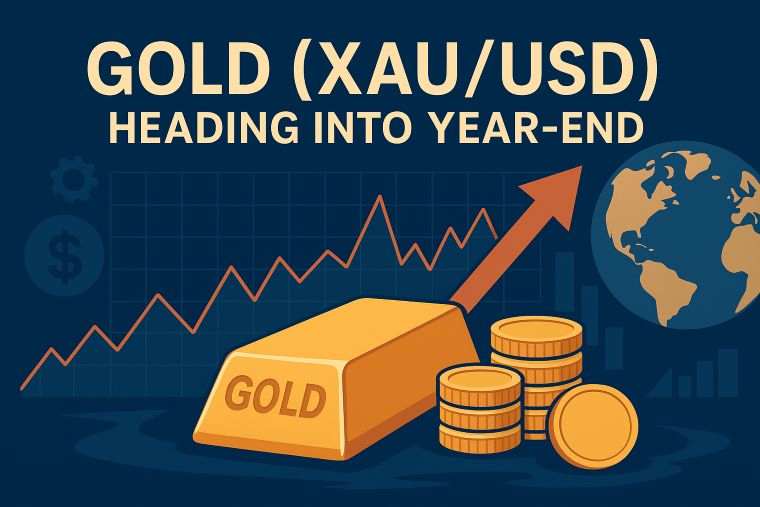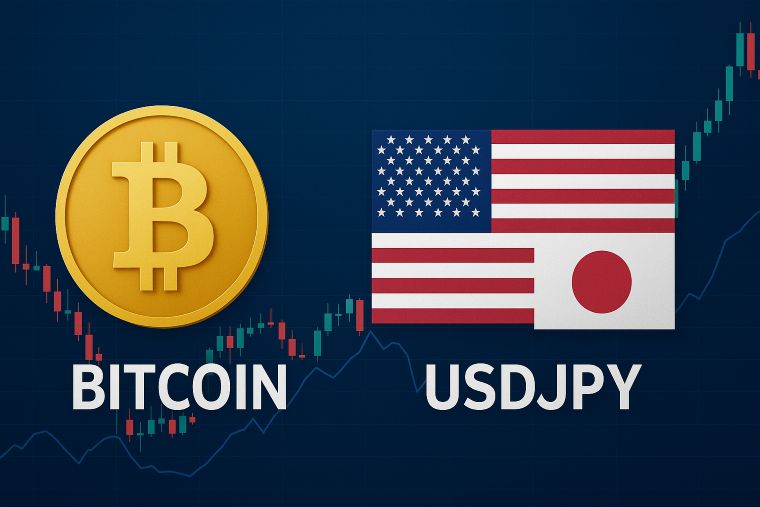2 min to read
Pound Rises with UK CPI Increase and Yen Depreciation
Pound Rises with Accelerating UK Inflation.

“Pound Rises with UK CPI Increase and Yen Depreciation”
Today, the UK CPI consumer price index was announced, showing a higher increase than expected, leading to a rise in the pound.
As a result, expectations of a rate hike by the Bank of England to curb inflation at their next meeting have become more realistic.
The UK consumer inflation rate in March slowed down from the previous month to 10.1%, but it exceeded economists’ expectations.
Similarly, the core index remained steady at 6.2%, defying the forecast of a slowdown.
Yesterday’s UK employment statistics suggested a strong wage increase, indicating that inflation is regaining momentum.
Currently, the market is factoring in a 0.25% rate hike at the Bank of England’s next meeting in May, and is predicting a total of 0.75% rate hike by autumn.
These observations are leading to a rise in the pound, especially against the Japanese yen.
However, it is still too early to be optimistic about the pound.
In the future, other central banks are expected to raise interest rates, and the momentum of pound appreciation is likely to decline due to unexpected actions by the Bank of England or weak UK economic data.
Furthermore, an important point is that the pound is traditionally linked to stock market movements, and in the past month, there has been an 86% correlation with the S&P500.
Therefore, there is a sufficient possibility that a sell-off in stocks could damage the pound.
Steady Gold Prices also Depreciate the Yen Meanwhile, the market is reassessing the path to the Fed’s interest rate hike, and the probability of a rate hike at their May meeting has risen to 85%, causing a slight rise in the previously declining US dollar.
The expectation of a rate cut in the latter half of this year has decreased due to continuing economic data indicating that the US economy has not yet declined.
It should be noted that despite the revision of the market’s Fed interest rate forecast, the US dollar has not recovered and remains stable.
The limited rise of the US dollar may be due to the fact that the market still expects a significant rate cut, and that the timing has been delayed until next year.
Recently, the rapid rise in US bond yields has not boosted the US dollar, but has instead damaged the Japanese yen.
As concerns about a recession have decreased and expectations of an imminent tightening by the Bank of Japan have declined, the EUR/JPY and GBP/JPY pairs have experienced significant fluctuations last month.
In the midst of uncertainty about the future, the stock market remains lively, as the market has become less inclined to purchase downside protection, causing a decrease in the volatility index.
Visit XM Official Website.

